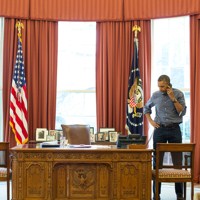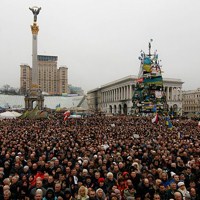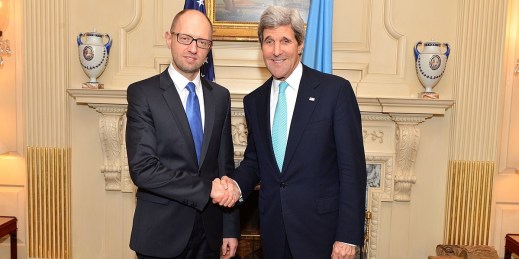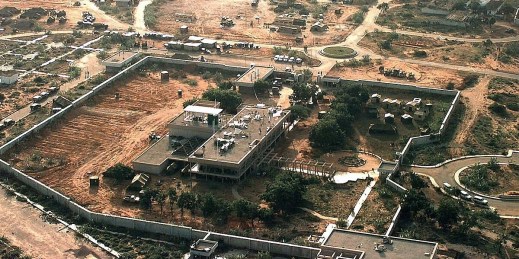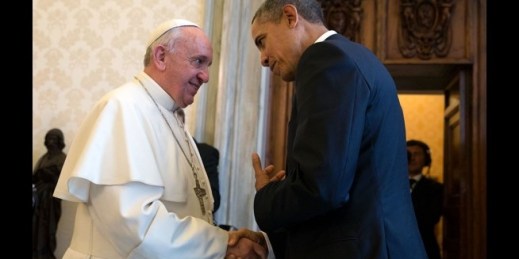
Two men met at the end of a ceremonial walk down a long corridor last week. One of these men carried the hopes of millions on his shoulders: His selection to high office reflected a new openness to those long discriminated against and raised global hopes for a power whose image had been damaged—a power despised but still desired, often in the same breath, around the world. The other man was Barack Obama. Pope Francis had just marked his first year in office, amid breathless discussion of the “Francis effect.” How real that effect has been is open to debate. […]

